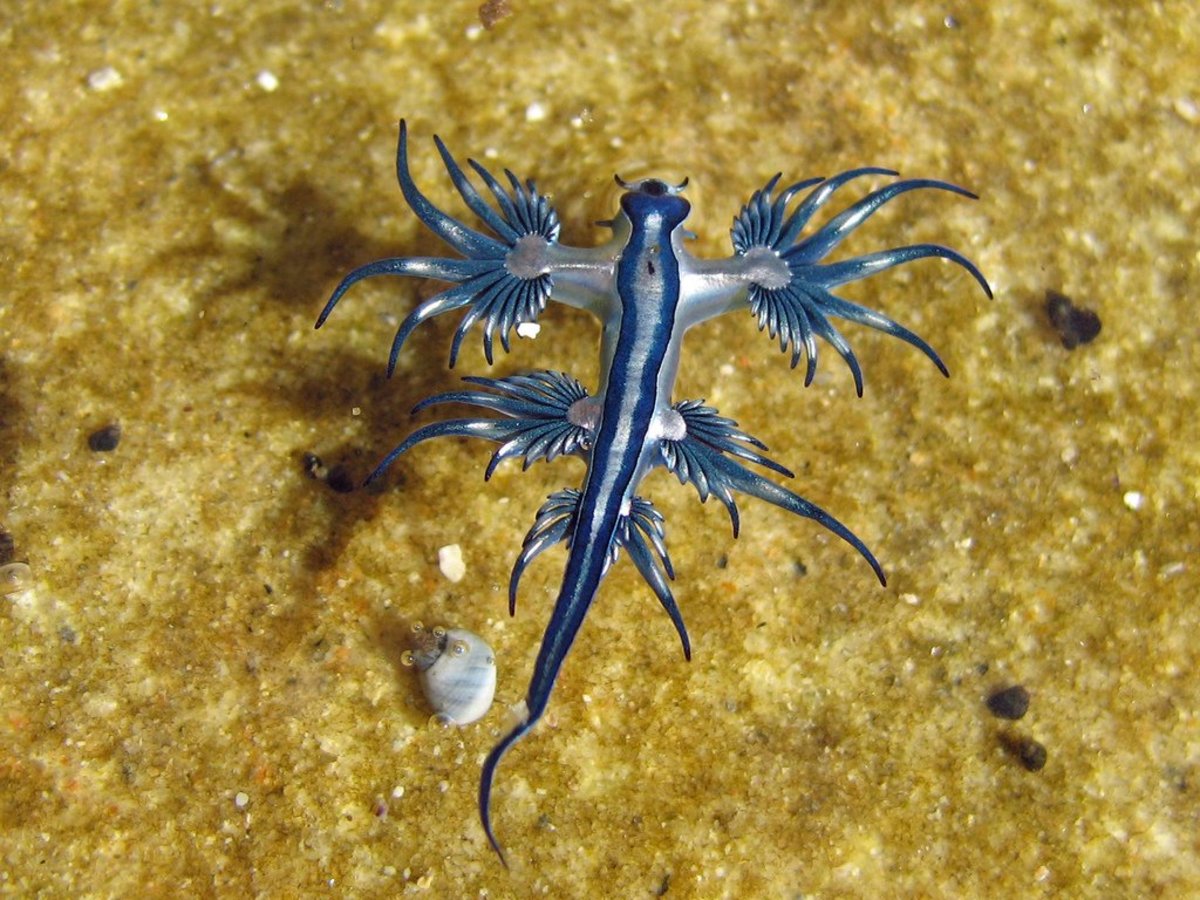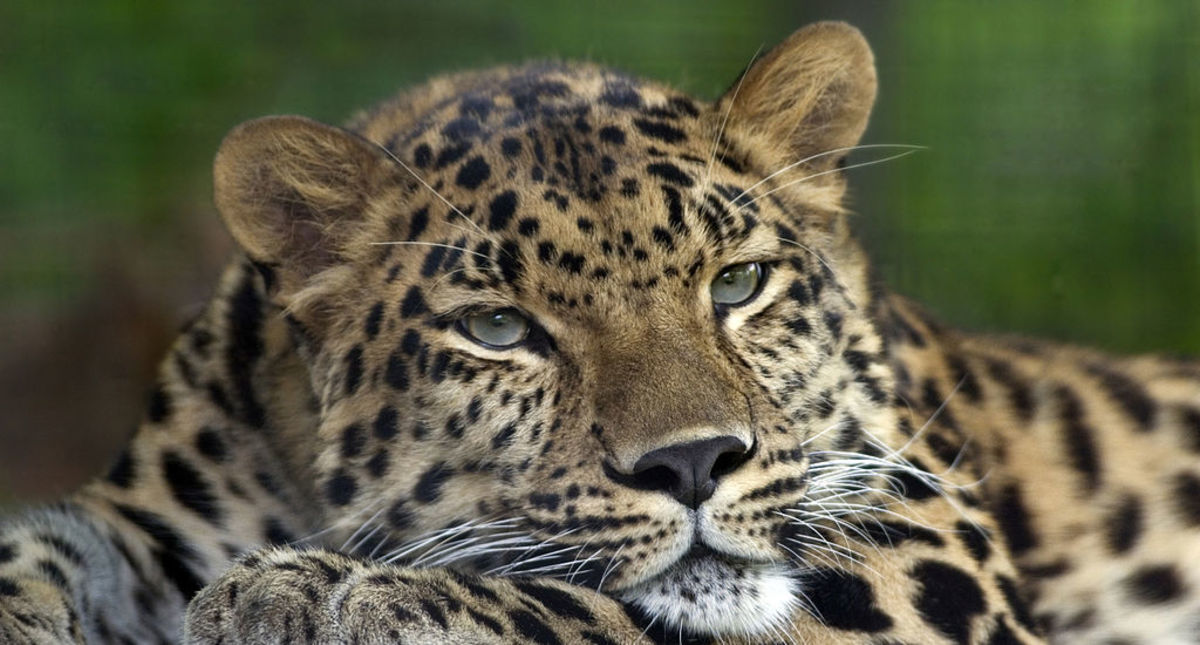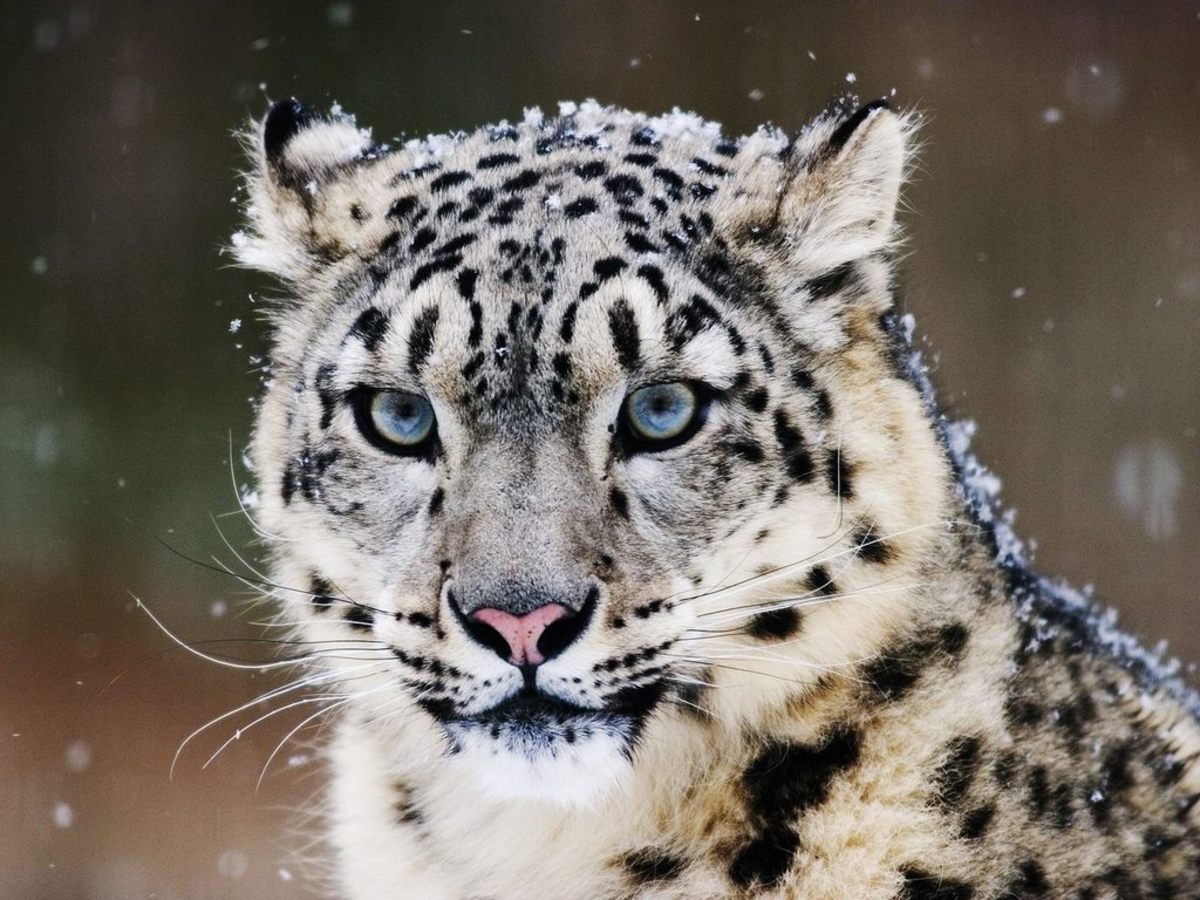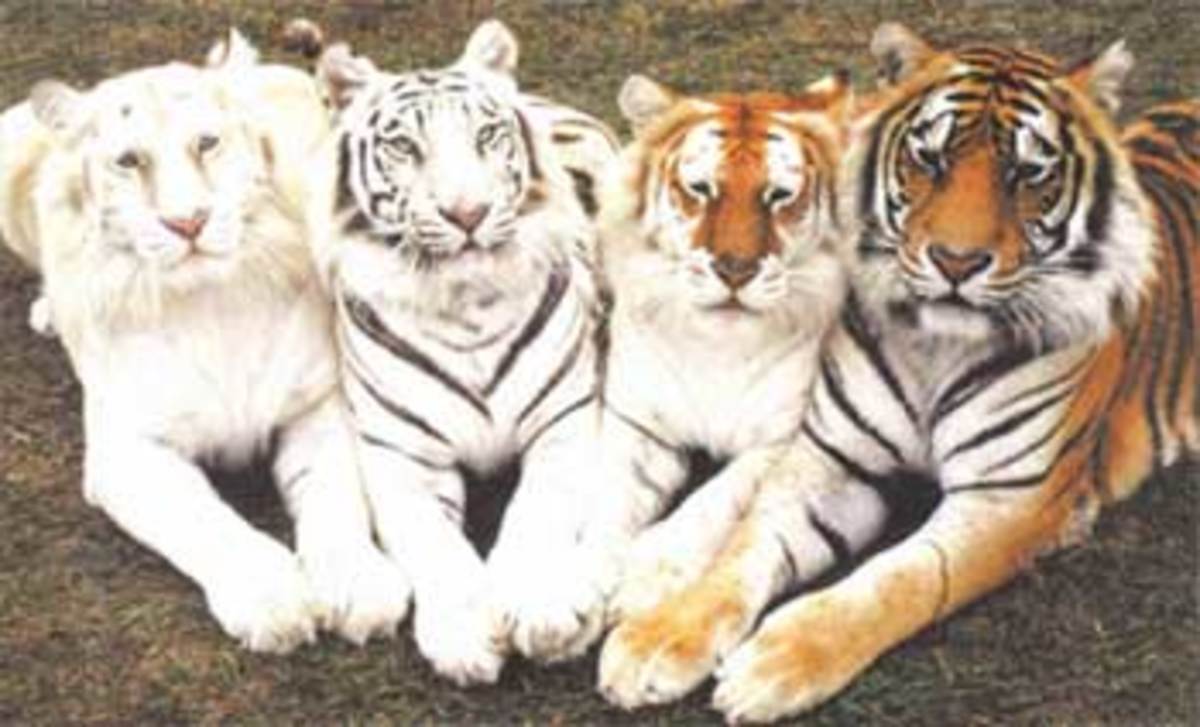- HubPages»
- Education and Science»
- Life Sciences»
- Endangered Species
Reintroducing Top Predators
could wolves be back in the UK soon?
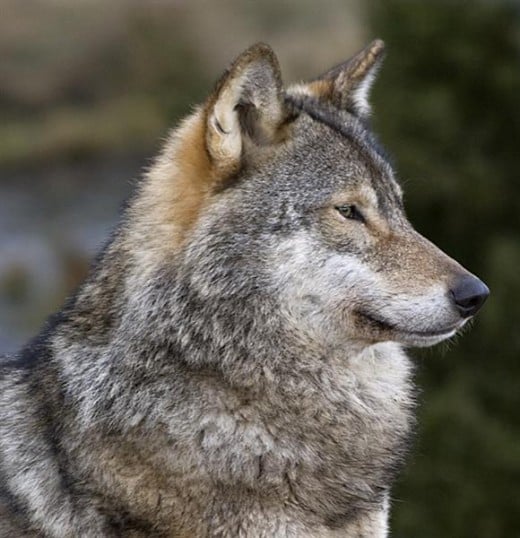
Reintroducing Large Carnivores to the UK
Debate in conservation circles has raged in recent years about the pros and cons of reintroducing large predators back into the wilder areas of the UK. Wolves, Brown Bears and Lynx are all possible candidates for reintroduction programmes, particularly in the wilds of northern Scotland where there is little sustainable land agriculture, a lack of tourist income and a population of deer that is out of control, despite the best efforts of gamekeepers.
The drawbacks of having large predators prowling hills and forests of Britain once again are obvious, even if the perceived threat of such animals to humans is far greater than the actual danger posed. Still, even if the “Little Red Riding Hood” myth is not necessarily borne out by the true experiences of other European countries with substantial predator populations, there is no doubt that a number of lambs and other livestock would be taken each year. Despite a likely system of compensation being put in place to deal with the financial loses, farmers argue that this would not mitigate against the emotional suffering caused by such attacks. Although attempts have been made to fence off areas of land for animal enclosures in the Highlands, this has met with ramblers who wish to protect their right to roam. Some conservationists also argue that large predators have been extinct in the UK for a long time (the Wolf, the last to go, was hunted to extinction in 1769) and that any reintroduction could wreak havoc on the ecosystems from which they have been absent for so long.
I think at this point it’s time to nail my colours to the mast. I am, and have been for a long time, very much in favour of the reintroduction of predators selectively to the UK and see far more reasons for their return than not bringing them back.
Firstly, is the need for a natural control on deer numbers to be introduced; wolves and lynx would be the natural predators for such animals which currently have none. Millions of pounds are spend on trying (and failing) to keep deer numbers in check with rifles each year. The deer population is in plague proportions and prevents succession and the re-growth of natural forests, particularly in Scotland.
Large predators would also provide a healthy tourist economy to become established in areas which currently have no other sustainable industries. Small, economically deprived communities could benefit substantially from increased visitor numbers.
Last and perhaps most poignant is the moral obligation which I feel we owe to replacing populations of such animals that we once wiped out. This has lead the UK to reintroduce creatures such as the Sea Eagle, Red Kites, Beavers and Bustards in recent years and the Wolf, Lynx and Bear would seem to be the natural progression of this trend.
However I’m not holding my breath for the reintroductions to be made anytime soon. The Beaver, reintroduced the Knapdale Forest in Scotland last year, has taken the effort of conservationists over a twenty year period. Despite this I’m hopeful that before I leave this world, I’m able to be walking in the British wilderness and hear a wolf howl.
More information on the ongoing push to have extinct mammals reintroduced to the UK
- Reintroducing the wolf to Scotland - Wolves and Humans Foundation
Site about the ongoing efforts to have the wolf reintroduced to Scotland - BBC article on the reintroductions
The reintroduction of wild wolves into the Scottish Highlands is likely to benefit the local ecosystem, a study concludes. - Should lynx, beavers and wolves be reintroduced to the British countryside? | Environment | The Guar
Bringing lost species back to the UK offers the prospect of economic benefits - but only if there is grassroots support. Paul Evans reports - Wolf Reintroduction Proposed In Scottish Highland Test Case
Researchers are proposing in a new report that a major experiment be conducted to reintroduce wolves to a test site in the Scottish Highlands, to help control the populations and behavior of red deer that in the past 250 years have changed the whole - Wolves could be reintroduced to Scottish Highlands - Telegraph
A Daily Telegraph article of proposed plans to reintriduce wolves and other mammals driven to extinction in the UK. - Wolf packs back to the Scottish Highlands? - environment - 31 January 2007 - New Scientist
Reintroducing the predator into the area, where they were last seen in 1769, could boost conservation and local economies, new research suggests - Alladale Wilderness Lodge and Reserve
Alladale Wilderness Reserve is the brainchild of Paul Lister, who has championed the reintroduction of top predators to the UK for more than ten years. Lister's long-term plan is to reintroduce now extinct mammals to his Scottish estate

